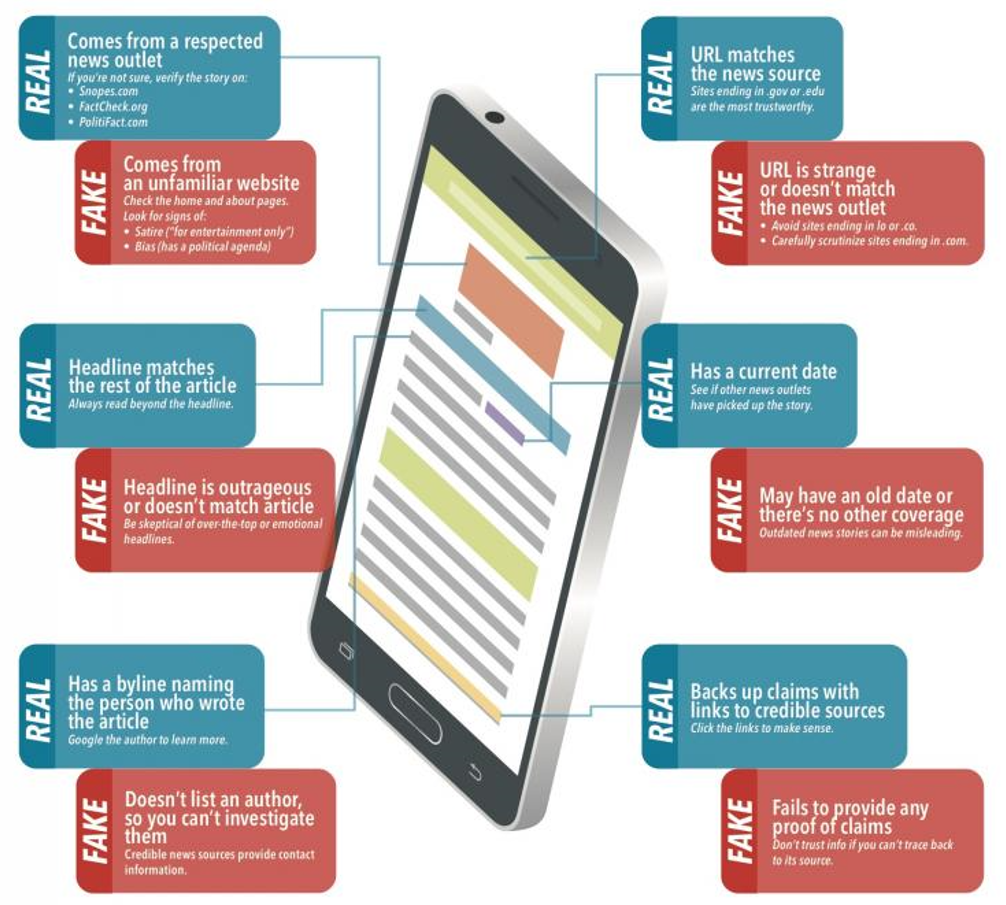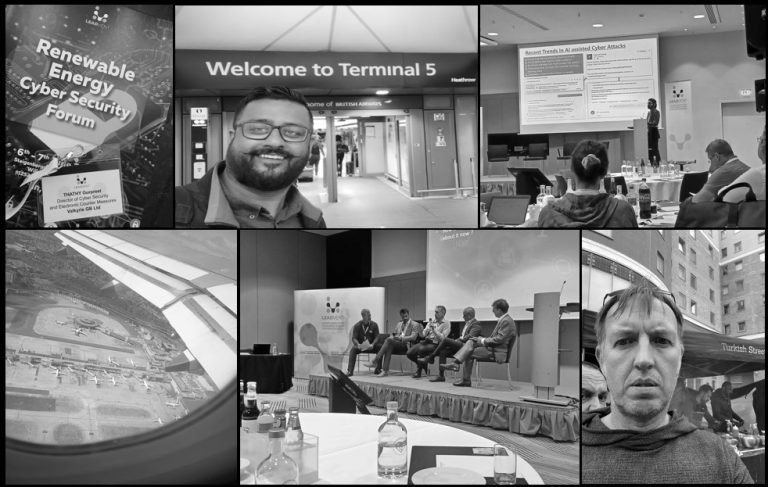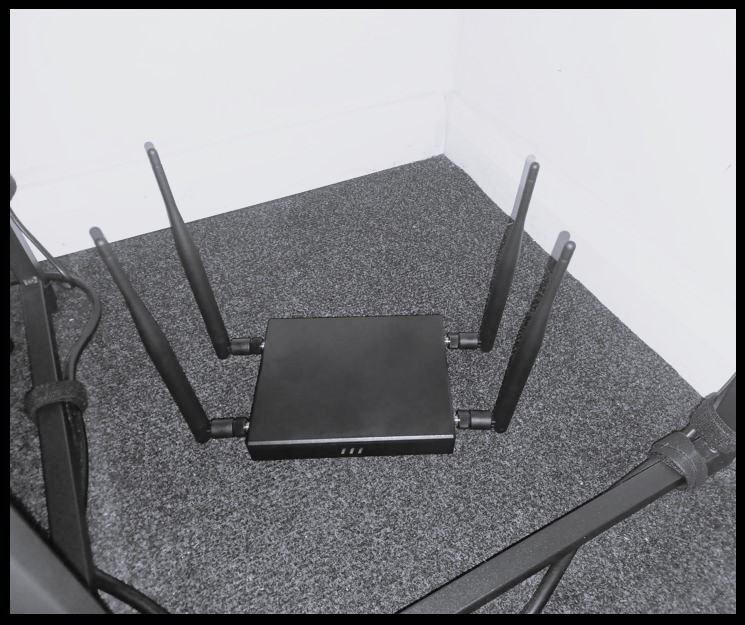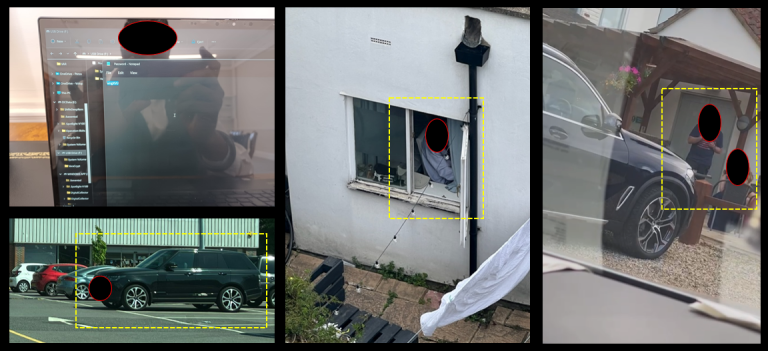Fake news!
Fake news refers to deliberate untruths, or stories that contain some truth but which aren’t completely accurate, by accident or design. Some people also claim that truthful stories are ‘fake news’, just because they don’t agree with them. This can lead to the dangerous disregarding of vital advice. The internet and social media have changed the way we learn about the world around us. With so many sources of information now available to us, it can be hard to keep up with what is real and what is fake online. Increasingly, those creating ‘fake news’ (disinformation and misinformation) are making it more difficult to spot. At times even well-established news organisations find themselves reporting on stories based on false information gathered through social networks which originate from a fake post. While having access to information is vital, the increase of fake news online, particularly around the COVID-19 pandemic, has made it more urgent to help us all, including children and young people develop our critical thinking to spot the difference between fact and fiction, especially online.
Fake news can have a negative impact on our behaviour be it in the workplace or our social life allowing rumour and mistrust to spread. So, it’s vital to know how to separate the real from the fake. The following steps are a basic guide:
- Develop a critical mindset, question information and its legitimacy – always check the date
- Don’t take information and images at face value – fact check!
- Examine the evidence – conduct your own investigation
- Check the source – where did it originate, is it reliable, who is the author of the article, do they have an underlying agenda or mission – are there any supporting sources?
- See who else is reporting the story – is it widespread or limited?
- Read beyond the headline, they are often sensationalised for effect to draw you in and grab your attention, words such as – ‘crisis, chaos, panic’ are regularly used in headlines
- If the information/image doesn’t sounds/look right it probably isn’t. Also consider if it’s totally outlandish whether it’s a joke (bad taste or not)
- Consider whether your own views, allegiances and how they may affect your judgement – try to view information objectively
If Valkyrie can be of assistance. T: +44 (0) 2074 999 323 | E: security@valkyrie.co.uk





